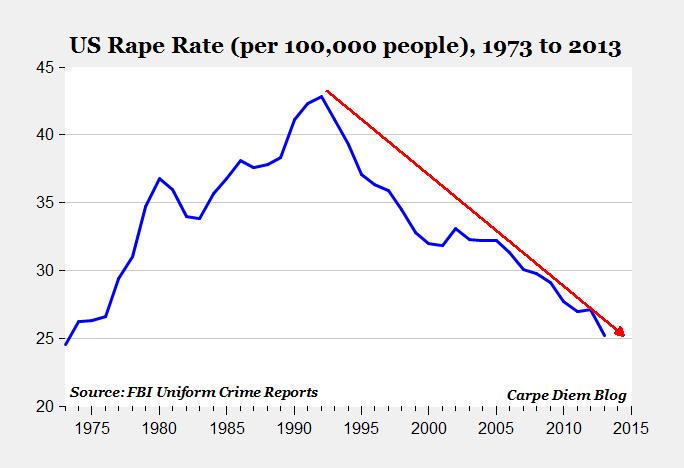J.R. Ireland on the modern day puritans who lose sleep because someone, somewhere, might possibly be looking at porn:
One thing that I have noticed a lot of advocates of sex-worker rights tend to miss though is the parallel between anti-prostitution arguments and anti-porn arguments. I think that the reason for this is simple — prostitution is still illegal, whereas pornography is not only legal, but very visible. It’s all over our computer screens, in fact, and can be found quickly and easily, provided you have the ability to engage in a simple Google search. That means that most pro-prostitution advocates avoid really talking about the issue of pornography, since it’s assumed that this is an issue we’ve already ‘won’ and which we don’t really need to continue babbling about.
Unfortunately, this ignores the fact that there is a burgeoning anti-porn movement that is coming not from the normal enemies of pornography on the right (i.e. Catholics, Baptists, Methodists, etc. who oppose porn on religious grounds), but from leftists who oppose porn on what are alleged to be left-wing grounds — fear of exploitation, a desire to prevent sex-trafficking, a distaste for the vulgar trappings of sexualized patriarchy, and so on.
Anti-Porn feminism is far more advanced in Britain than it is here since British feminists tend to be, and you’ll have to pardon my language, bug-fuck crazy nightmarish lunatics with fake degrees from mediocre universities and a level of self-loathing and insecurity unknown to the sane. It is from this leftist anti-porn position that the activist Gail Dines has arrived. In 2010, she wrote a book entitled Pornland: How Porn Has Hijacked Our Sexuality and since then she has been on the leading edge, the spear-tip, the vanguard of leftist opposition to pornography.
[…]
First, Dines tries to argue that ‘sexual assault centers in US colleges’ have ‘said that more women are reporting anal rape.’ Which sexual assault centers? Care to name them? Care to give me any sort of citation for this claim? Of course not — facts are for the patriarchy and we’re in the post-fact world of third wave feminism now!
Indeed, I find it somehow unlikely that sexual assault centers in US colleges are reporting an increase in rape given that American rape rates fell substantially between 1990 and the present:
Go look up any statistics on the incidence of rape and you will find them to be broadly similar — a spike in the 70s and 80s (which happened to coincide with a general increase in criminality) followed by a lengthy decline ever since. Now, were porn actually causing an increase in rape rates due to ‘sexualizing violence against women’ and ‘normalizing’ practices like rape, you would not have expected to find such an obvious decline in sexual assault rates, would you?
The second claim Dines makes is regarding the scary normalization of pedophilia which she claims is occurring directly resultant from porn involving teenagers. First of all, ‘teen porn’ does not ‘normalize pedophilia’ since the teenagers in teen porn are supposed to be 18 or 19 — in other words, post-pubescent and fully grown women. This isn’t even taking into consideration the fact that many actresses in teen porn are actually in their 20’s and are just ‘playing young,’ but we’ll ignore the fact that this is all fantasy anyway, since the fact that pornography isn’t based on reality seems to be a constant source of confusion for Gail Dines.




